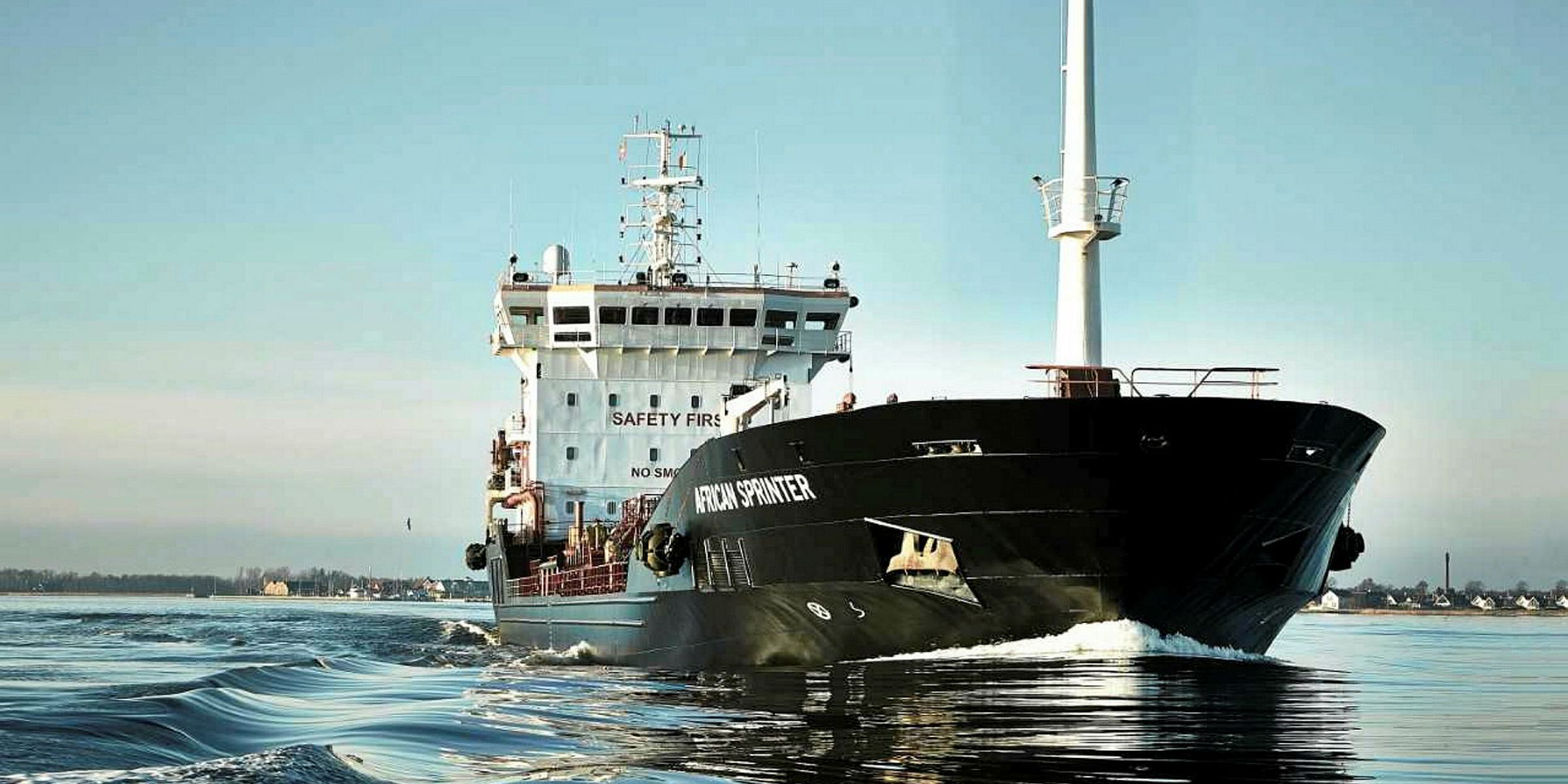There will be sufficient supply of IMO 2020-compliant fuels that meet technical specifications, and there is no point in investing in scrubbers for now because of volatile oil prices and supply risks.
That is Monjasa chief executive Anders Ostergaard’s advice to shipowners, who will need to use 0.5% sulphur fuel from 2020 unless they have scrubbers onboard to allow their ships to continue consumption of high-sulphur fuel oil (HSFO).
While many shipping officials have expressed worries about the availability of complaint fuels, some refineries have begun negotiating with clients over future supply while planning to roll out new products in the coming quarters.
“I believe there will be an oversupply of very low-sulphur fuel oil [VLSFO] to begin with,” Ostergaard says, predicting that VLSFO and marine gasoil (MGO) will become the fuels of choice.
“In terms of compliant supply availability, I believe IMO 2020 will be a non-event. It has been hyped. I think it’s healthy to talk about it, but let’s not panic over it.”
He also believes that VLSFO will be safe to run in the engines of the existing fleet even though shipowners will need to modify the lubrication programmes.
“Do not worry about the specification. The product will be fine and well within the standard ISO 8217 parameters we know today. That’s what we see, that’s what we hear, and that’s what we are being offered.”
Even with the expected volatility in fuel prices due to the IMO switch, Ostergaard suggests that attempts to mitigate the pricing risks by installing scrubbers or through paper hedging could be pointless, even risky.
Depending on the type, a scrubber could cost $3m to $5m to install. But the open-loop scrubber could be exposed to future regulatory risks as it disposes the waste stream into the sea, he says.
Moreover, payback periods for scrubber installations are hard to estimate. Many people expect the discount of HSFO to compliant fuels to widen, but what matters more could be the actual bunker prices, which will fluctuate with crude prices, according to Ostergaard. “We are forgetting to talk about where the flat prices will be,” he says.
There could also be availability issues, as some refineries stop producing and offering HSFO.
“VLSFO and MGO will be available, but HSFO is a question mark,” Ostergaard says. “From Monjasa’s perspective, we will not store much HSFO because it’s going to be a VLSFO and MGO-dominated market. We will supply HSFO primarily on demand ... We will ask for commitments from our customers in order to store HSFO. We will not keep much inventory for the spot business.”





